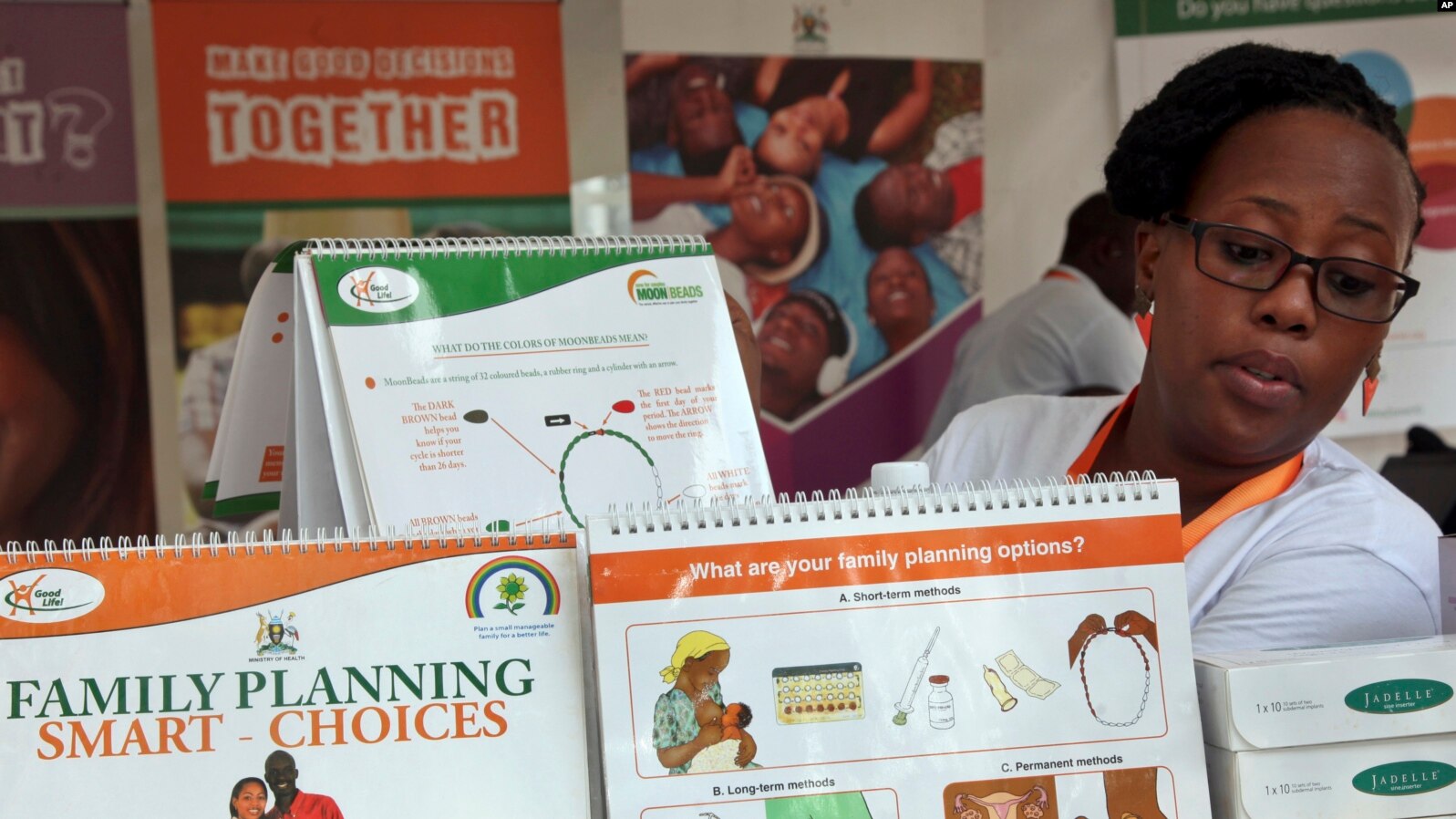By Aloysius Ugwu and Gabriel Oke (Lead Writers)
Jack Lew, former United States Secretary of the Treasury described a budget as ‘’not just a collection of numbers, but an expression of our values and aspirations’’. Unfortunately, Nigeria’s health budget has poorly reflected the values and aspirations of its citizens.
Healthcare financing in Nigeria has so far been inadequate to cater for the health needs of Nigerians, as the budgetary allocation for health has barely exceeded 7% of the nation’s total annual budget. In 2021, the total allocation to the health ministry plus statutory transfers is less than 5% of the nation’s annual budget. This is contrary to the Abuja Declaration which called for the allocation of a minimum of 15% of the national budget to health. The pattern of health financing a government utilises in financing the healthcare budget determines how health services will be rendered to the citizens. Additionally, it also determines how and whether the country will be able to achieve universal health coverage and improve the socioeconomic development of the citizenss. There is an uneven allocation of finance and facilities at the three tiers of the healthcare system in Nigeria, primary, secondary and tertiary.
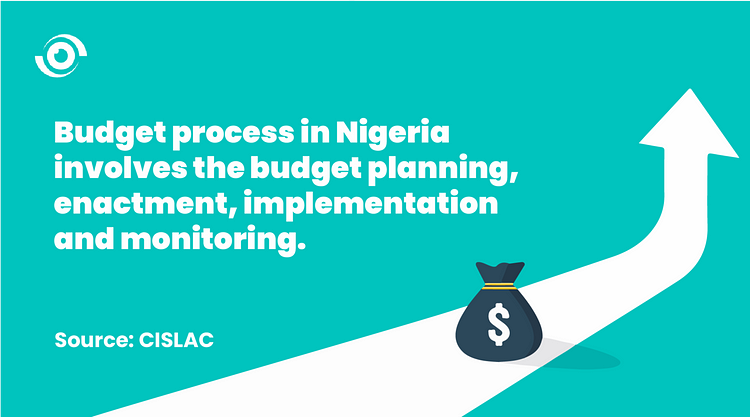
On December 31, 2020 President Muhammadu Buhari signed the 2021 budget into law which was themed a budget of economic recovery and resilience. The budget could have not been better themed considering the toll on the world economy inflicted by the COVID-19 pandemic. Despite the urgent need for increased investment to strengthen the health system especially at the primary healthcare level, to respond to the pandemic and other daring health issues, some budget lines were reduced and others remained underfunded. It is worrisome that the national family planning budget declined from N1.2 billion in 2020 to N1.06 billion in 2021.
Why exactly is this a cause for concern? At the 2012 London Summit on Family Planning, Nigeria committed to increasing its Contraceptive Prevalence Rate (CPR) by 2% every year to achieve 36% by 2018 in order to avert 31,000 maternal deaths and 1.5 million child deaths and save more than 700,000 mothers from injuries or permanent illness due to childbirth. However, according to the 2018 National Demographic and Health Survey (NDHS), the total CPR for any method is 17% among women of reproductive age, with 23.6% unmet need for family planning.
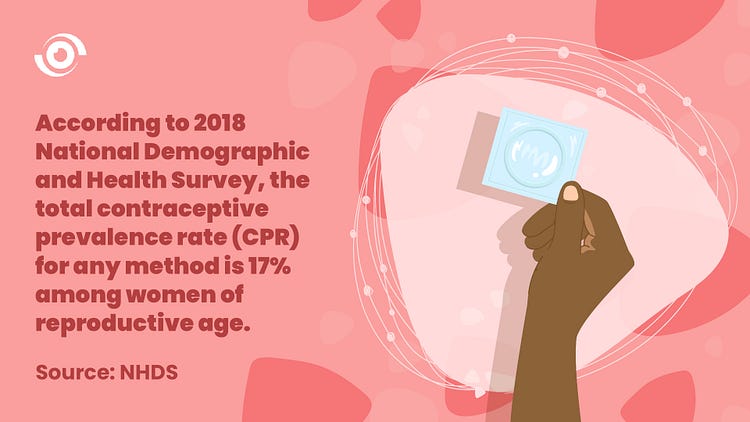
It is obvious that the 2012 commitment and the national family planning blueprint target has not translated to tangible results at the national level. However, there has been appreciable improvements at the sub-national level. NDHS 2018 has shown that Gombe State made an impressive increase in CPR from 4% in 2013 to 17% in 2018, which represents a significant increase of more than 400%. This progress could be linked to the political will demonstrated by its leadership in providing a policy framework that supports task-shifting and task-sharing, where community health extension workers (CHEWs) are engaged in the provision of injectable contraceptives in the communities.
This is similar to the practice in Rwanda. Community-Based Provision (CBP) of Family Planning Services by Community Health Workers (CHWs) is one of the key approaches implemented to increase the accessibility and uptake of family planning services, which include not only counseling but also provision of contraceptive methods such as contraceptive pills, injectables, cycle beads and condoms.
It was introduced in 2010 as a component of the national community health policy and the family planning policy in the country.
The revised National Family Planning Blueprint (2020–2024) plans to achieve a Modern Contraceptive Prevalence Rate (mCPR) of 27% by the year 2024. This represents a projected 3% annual growth from the present national mCPR of 17%.
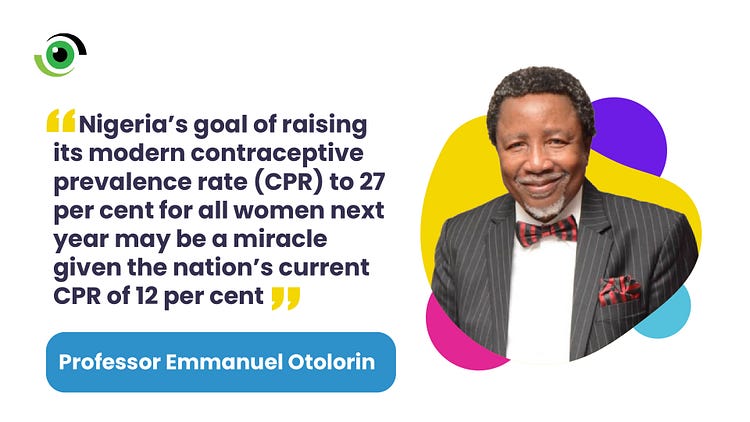
To achieve this feat, what should be done?
First, government at all levels must commit to a sustainable financing for healthcare delivery, especially in the procurement of family planning commodities. This must reflect in yearly budgets. Also, beyond budgeting, efforts must be made to ensure that budgetary allocations for family planning are released on time. Between 2018 and 2021, only N2.7bn was allocated for counterpart funding for family planning commodities, of which only about 55% has been released. For the first time, two local government areas (Funakaye and Nafada) in Gombe State allocated and released funds for family planning from their health budget in 2020.
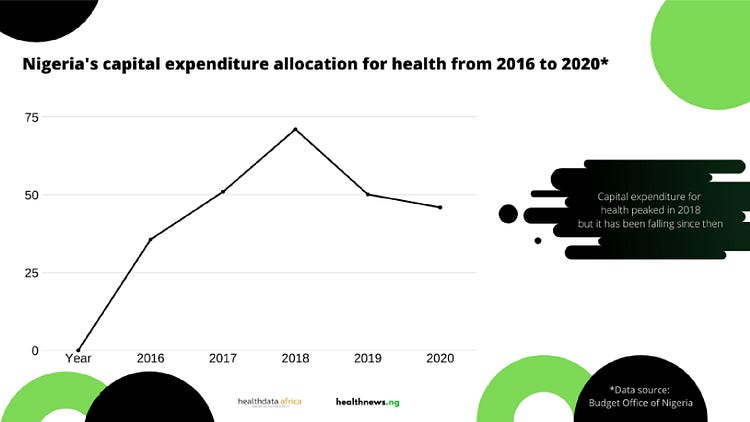
Second, from the Gombe State example, other state governments should embrace the task-shifting and task-sharing policy, and establish a community-based distribution of injectable contraceptives and other family planning commodities using community health extension workers. With this programme, these critical cadre of health workers will be able to reach underserved populations with family planning services. There should be sustained budgetary allocations of operational costs for the community health workers to deliver these services.
Third, all stakeholders including civil society organisations, traditional and religious leaders must lend their support to raise awareness and address myths and misconceptions, to improve family planning uptake. This can be facilitated through both Christian and Muslim perspectives of family planning.
It is a fact that health prevention is better and cheaper than treatment. The cost of providing care for unwanted pregnancies outweighs the cost of modern contraception. According to WHO’s analysis, for every additional dollar spent on providing family planning services, USD 2.2 dollars is reduced from the cost of pregnancy-related care in developing countries.
It is clear then that family planning is a cost-effective best buy for development. The federal government should urgently consider an additional allocation for family planning in a supplementary budget for 2021, to help maintain the gains we have made, and reflect the values and aspirations of Nigerian families and all those working to provide family planning services.


